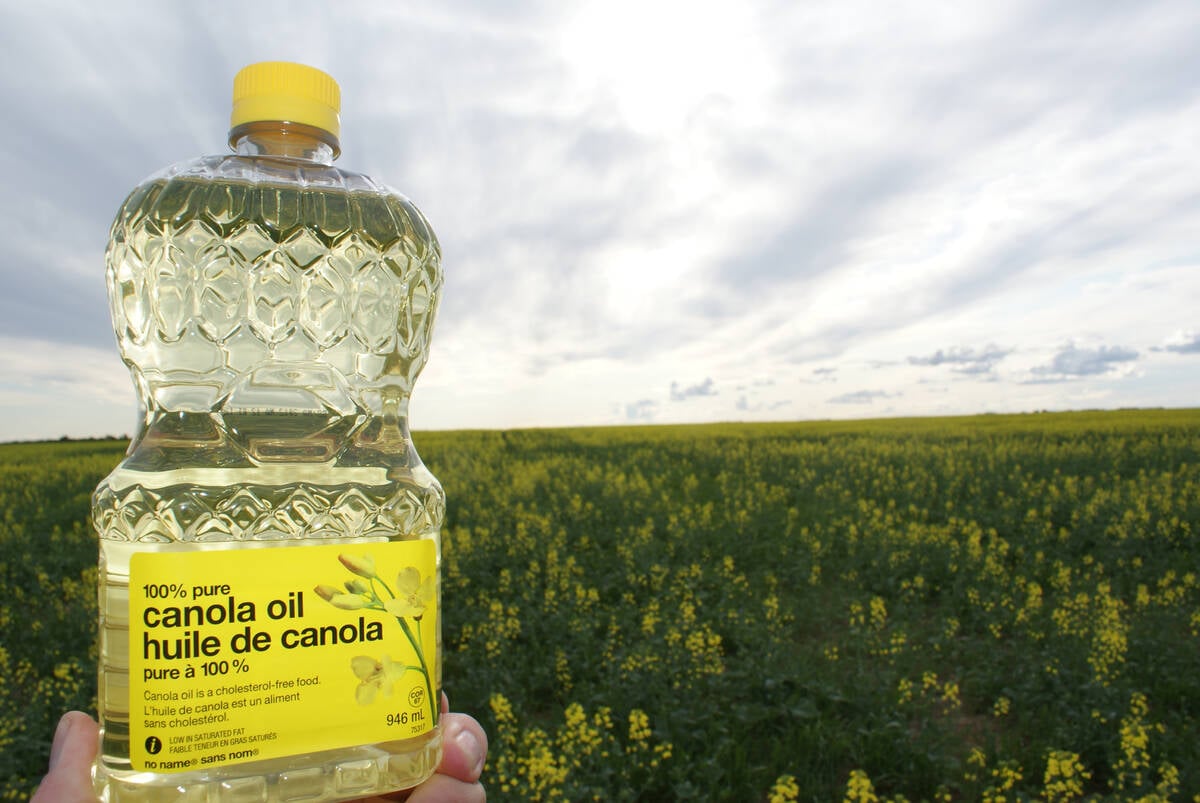Starting Aug. 1, unlicensed grain companies are going to see the bad-cop side of the Canadian Grain Commission.
In the past, the agency had a good-cop policy of persuasion to convince facilities to become licensed and bonded.
“We’re at the point now where we realize persuasion is just not going to cut it in terms of getting everybody on board,” said CGC spokesperson Eric Morin.
“Gone are the days of ‘we really, really, really mean it.’ That’s not in the cards anymore. We will take action at some point.”
Read Also

Rising vegetable oil demand may offset bad biofuel news
Global biodiesel/renewable diesel production is expected to decline for the first time in a decade. Bad timing for a canola industry looking for new markets.
So with the beginning of the new crop year comes a new approach to enforcement of the rules, one that includes criminal prosecution resulting in fines or closure of rogue businesses.
“We’ll employ a firmer hand and the last resort is going to padlock a place,” said Morin.
He hopes it won’t be necessary to take such drastic action. Many firms that were operating without a licence a year ago have now become licensed and bonded.
Morin expects there will be 180 licensed firms come Aug. 1, up from 109 a year ago.
But there are still grain companies that refuse to comply with the regulations.
“We suspect there will be a few come Aug. 1 that won’t be licensed,” said Morin.
Producers who deliver product to unlicensed facilities will not be covered for their losses in the event that the firm goes out of business or is shut down by the commission, so it is in producers’ best interest to learn details about the companies they deal with.
While additional licensing costs may be passed on to producers as a result of this enforcement, farmers will be better protected in the long run, said the commission.
In addition to cracking down on unlicensed firms, the commission is attempting to find a creative way to reduce the financial and administrative costs of obtaining and keeping a licence.
“We don’t have specifics to announce yet but we are working on that,” said Morin.
He said technology may provide the solution for a less onerous way of ensuring there is a financial cushion in place to protect farmers.
An announcement about changes to the bonding system may be coming “fairly soon,” said Morin.















